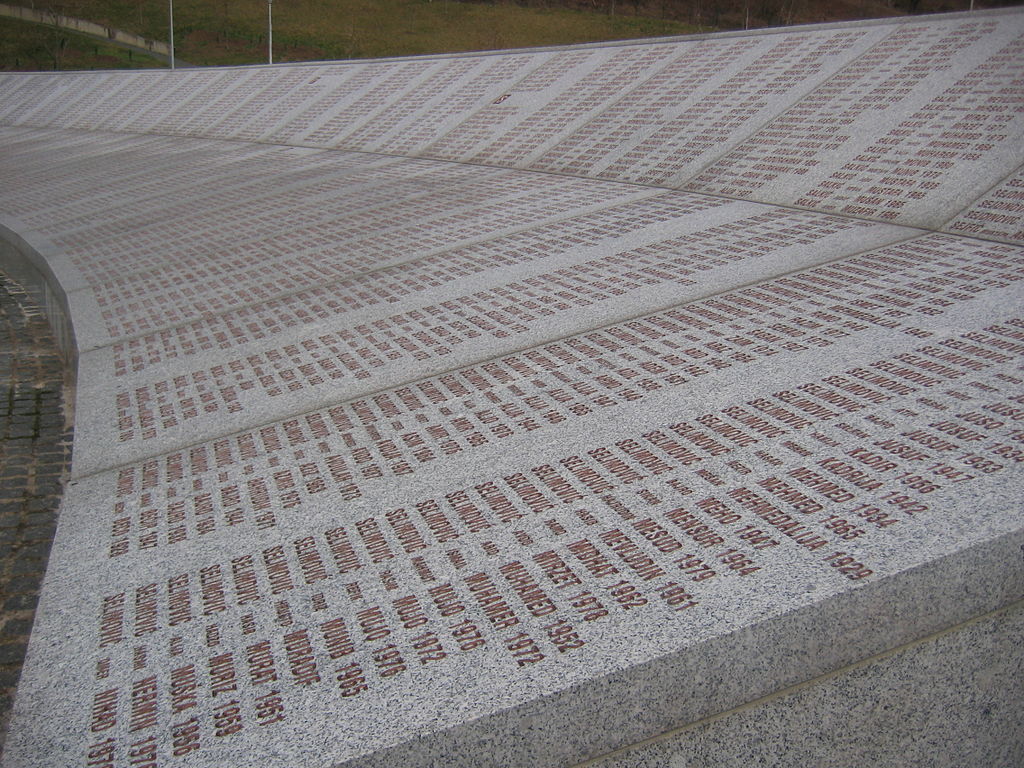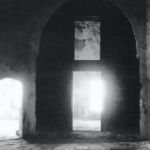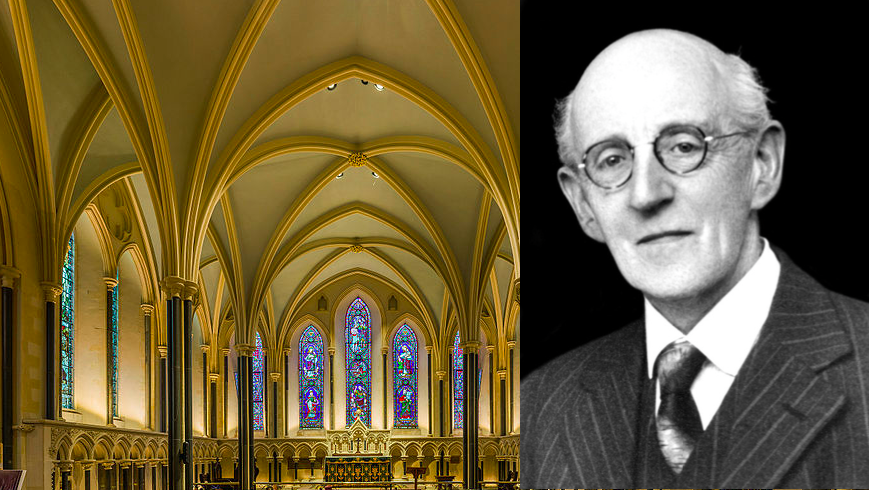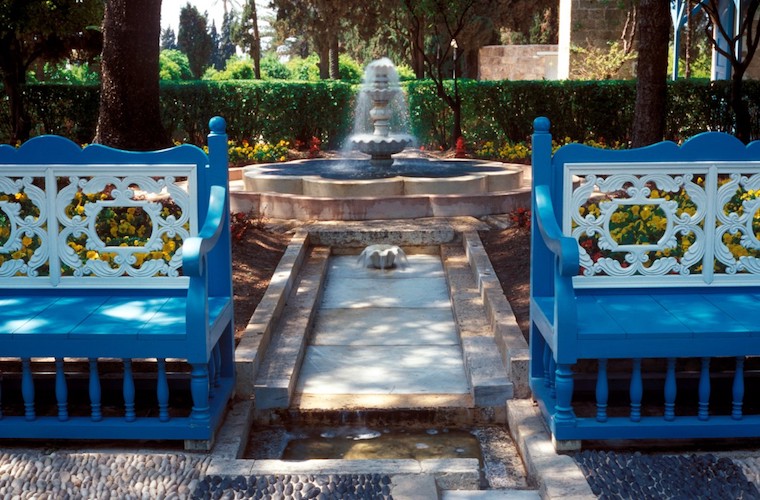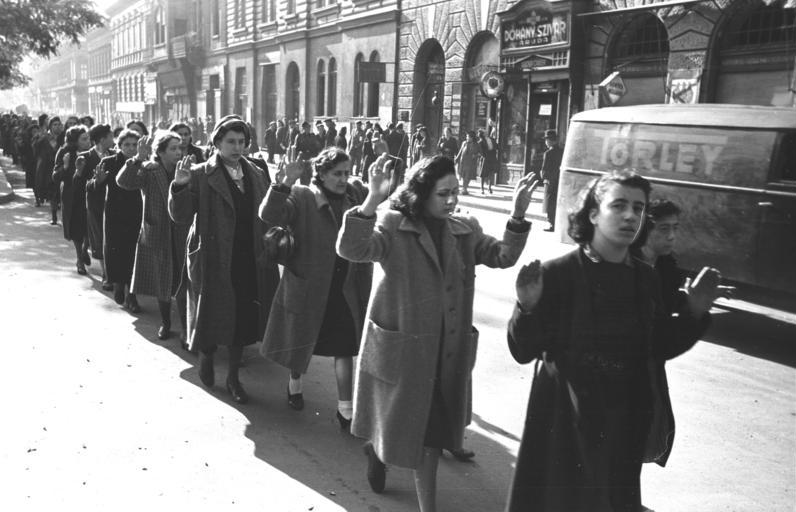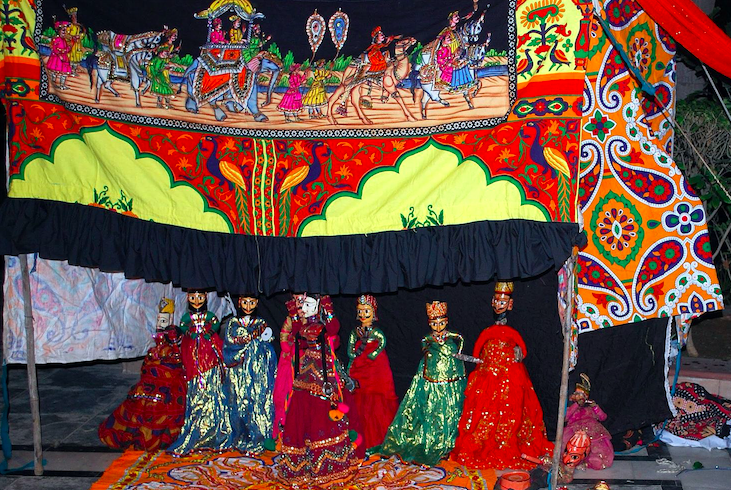
The Sultan’s Puppet Show

Shortly after Bahá’u’lláh was condemned to exile and imprisonment in the prison-city of Akka, he wrote to the Grand Vizier responsible for his banishment. The letter (the Tablet to the Chief) condemns the injustice of the Grand Vizier’s order and warns of his impending demise.
Part of the letter is devoted to a brief story from Bahá’u’lláh’s childhood. In the story, Bahá’u’lláh is at a marriage feast being held in his father’s home. As part of the festivities, the puppet show “Shah Sultan Salim” is to be performed.
As the play begins, the puppets announce that the Sultan is coming. There is a commotion as the puppets prepare the Sultan’s way and the Sultan’s court is convened. Dignitaries, courtiers and soldiers take their places. A haughty sultan takes his throne. A thief is brought before the king and his execution ordered. The sultan reviews his troops and sends them into battle.
Bahá’u’lláh describes his amazement as a child. After the show was concluded the puppet master packed everything away. Bahá’u’lláh approached him and the story continues:
“What is this box,” I asked him, “and what was the nature of this display?”
“All this lavish display and these elaborate devices,” he replied, “the king, the princes, and the ministers, their pomp and glory, their might and power, everything you saw, are now contained within this box.”
I swear by My Lord Who, through a single word of His Mouth, hath brought into being all created things! Ever since that day, all the trappings of the world have seemed in the eyes of this Youth akin to that same spectacle. They have never been, nor will they ever be, of any weight and consequence, be it to the extent of a grain of mustard seed. How greatly I marveled that men should pride themselves upon such vanities, whilst those possessed of insight, ere they witness any evidence of human glory, perceive with certainty the inevitability of its waning….
It behoveth everyone to traverse this brief span of life with sincerity and fairness. Should one fail to attain unto the recognition of Him Who is the Eternal Truth, let him at least conduct himself with reason and justice. Erelong these outward trappings, these visible treasures, these earthly vanities, these arrayed armies, these adorned vestures, these proud and overweening souls, all shall pass into the confines of the grave, as though into that box. In the eyes of those possessed of insight, all this conflict, contention and vainglory hath ever been, and will ever be, like unto the play and pastimes of children.[1]
Image Credits: User: (WT-shared) Ravikiranr at wts wikivoyage [GFDL (http://www.gnu.org/copyleft/fdl.html) or CC BY-SA 3.0 (http://creativecommons.org/licenses/by-sa/3.0)], via Wikimedia Commons
This article is the 30th in a series of what I hope will become 200 articles in 200 days for the 200th anniversary of the birth of Bahá’u’lláh. The anniversary is being celebrated around the world on 21 and 22 October 2017. The articles are simply my personal reflections on Bahá’u’lláh’s life and work. Any errors or inadequacies in these articles are solely my responsibility.
